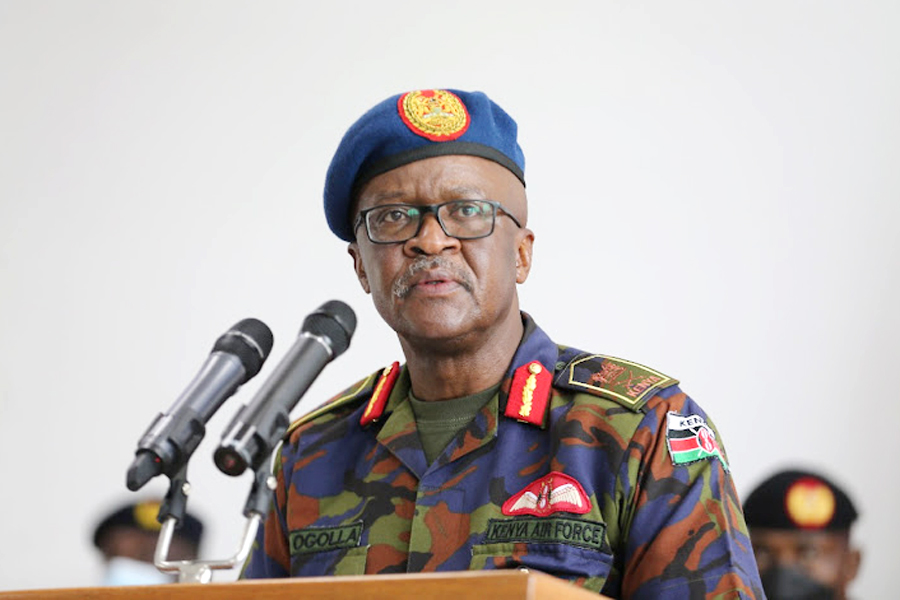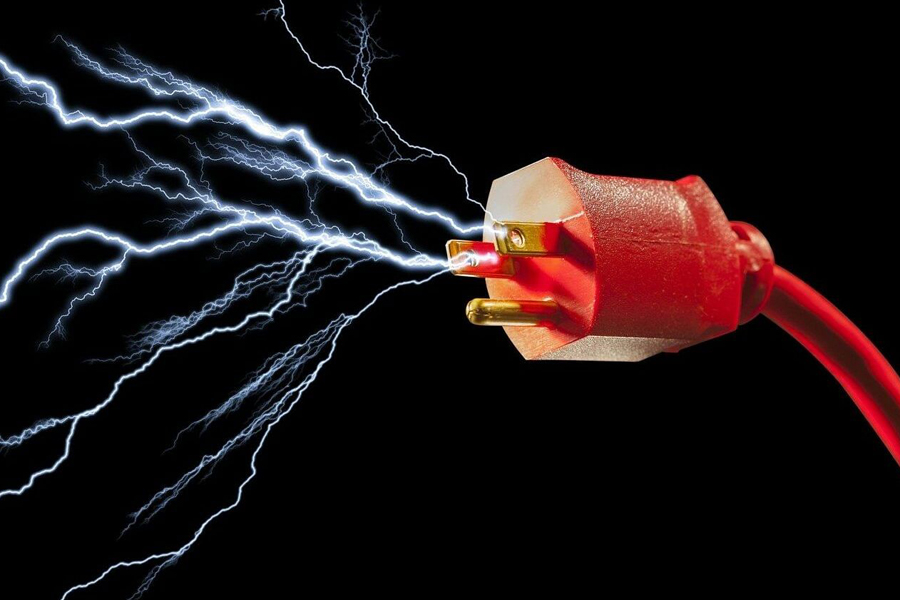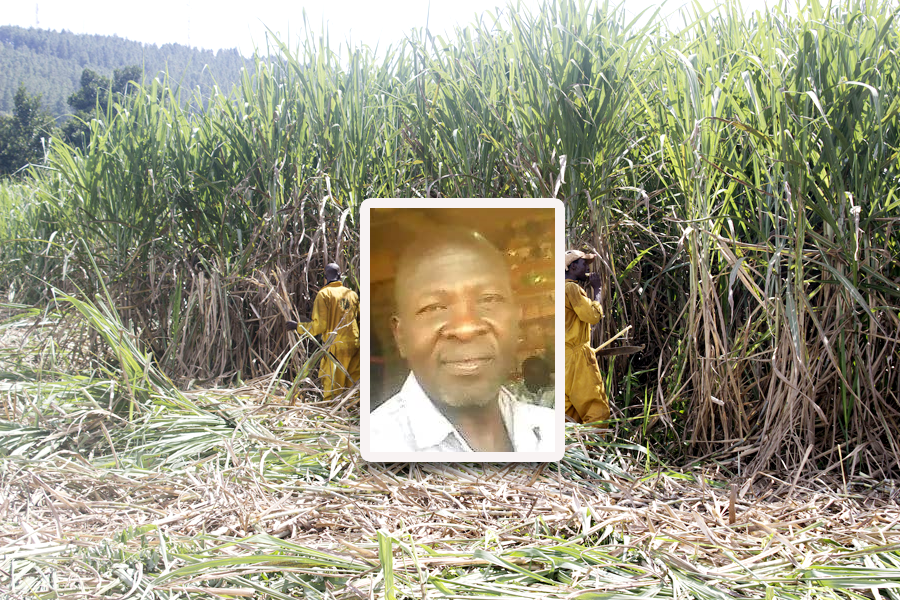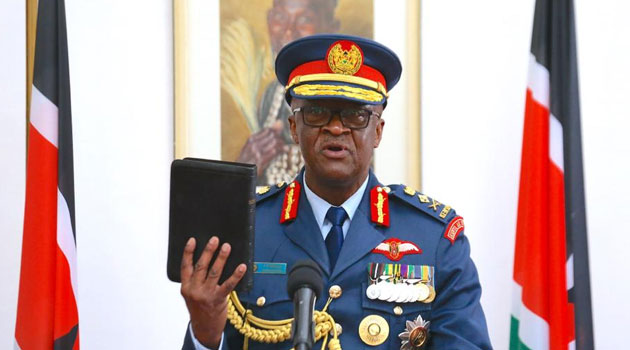Inside government’s plan to harmonize fees structure for private schools
The Ministry of Education has drafted plans to harmonize fees structure for all private schools around the country with effect from next academic year.
Uganda being a free market economy, private schools have for years taken it upon themselves to charge fees that they feel match with the education services they offer.
Some primary and secondary schools in fact charge as high as Shs. 2 million per term on a local curriculum, and concerns by parents have always gone unanswered by government but now, the State Minister for Higher Education JC Muyingo says government is reviewing this arrangement.
According to Muyingo, the new policy will among other things, seek to address the issue of school fees, in all private schools across the country.
Why government is reviewing the education policy
Muyingo, while addressing journalists about this policy last week said that government seeks to improve literacy levels in the country, but these plans have been hindered by private schools who charge ‘exorbitant’ prices in school fees.
“Why are we reviewing the policies? So that the products of our institutions are able to fit into the employment world, to make sure that our products can be able to develop themselves and the country,” Muyingo said.
Muyingo further noted the current policies are outdated and the on-going reviews are meant to usher in a new slate that matches with the current global standards.
Asked to explain further on how much parents should expect to pay in the new policy, Muyingo declined, saying he would not want to discuss further on an issue that is still being discussed.
Sources at the Education ministry said that the proposal is still a draft and talks are on going.
Figures from the Ministry of Education show that there were at least 10.7 million children in primary schools and yet only three million children of these, made it to secondary and post-secondary institutions, which leaves questions on where the seven million go after primary school.
An independent research by the Center for Rapid Evidence Synthesis (ACRES) titled the Rapid Response Brief 2019 puts the national average for the transition from primary to secondary level of education at 58.95% (as of 2016).
The report shows that a number of these fail to graduate to the next level because of several factors, including school fees.
This is why President Museveni believes in having free education for all.
The President, again, while addressing the National Resistance Movement (NRM) new legislators at Kyankwanzi on Wednesday this week hinted on the new policy, saying he was happy that the ministry of Education ministry is now joining him.
“Thank you so much. These headmasters and the local elites want to get money from the parents, they don’t care about whether the students go to school or not. When the children drop out, that is how you get the NUP,” Museveni said.
According to minister Muyingo, their proposal is being intensively discussed with major education stakeholders. The minister promised that they would try to achieve a fair ground with the private school owners.
Owners of private schools vow to challenge the policy
Owners of private schools, under their umbrella association of National Private Educational Institutions Associations (NPIA) told this website that they have already been put on notice by the Minister of Education.
Mike Kironde, the proprietor of Janan Schools and chairperson of NPIA told said that they disagree with the proposal.
“We are appealing to government to create a forum with us because we are not yet consulted, we want to contribute to this discussion, we want to give our view because we disagree with this proposal,” Kironde said.
Kironde said that instead of a similar fees structure, government should instead help private schools with low interest loans to enable them make developments.
"Most of these schools charge such fees because they want to develop their schools and pay loans," Kironde said.
Nile Post understands that the private schools association has also called for a general assembly to convene on May 6th, 2021, to discuss the government’s proposal.













